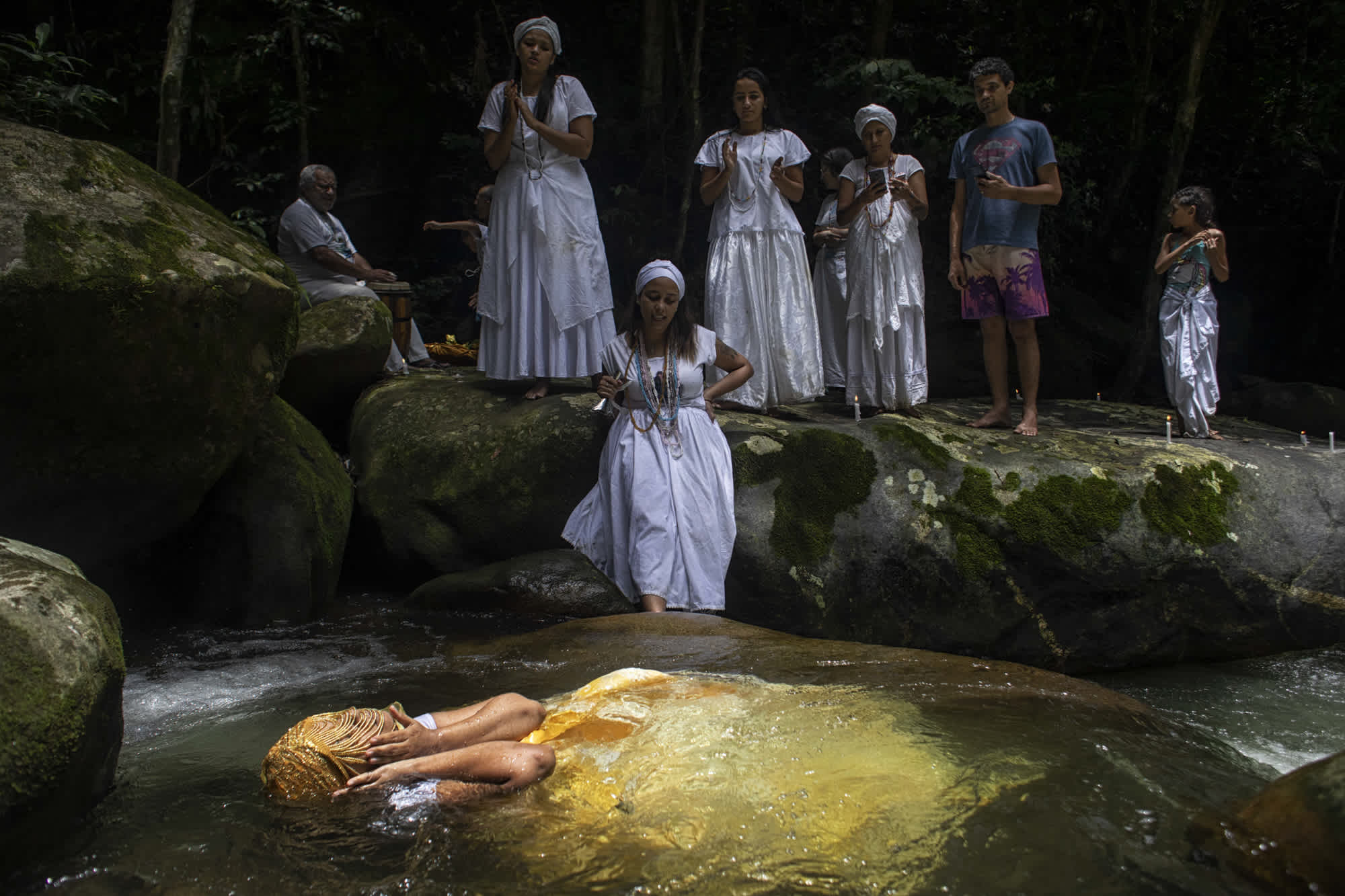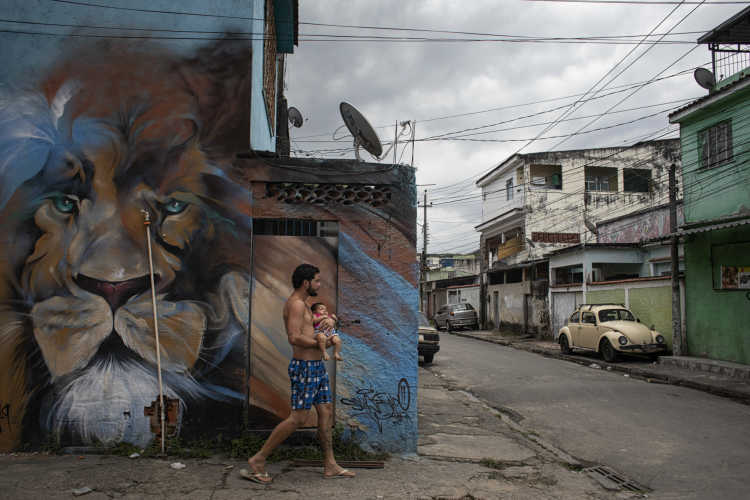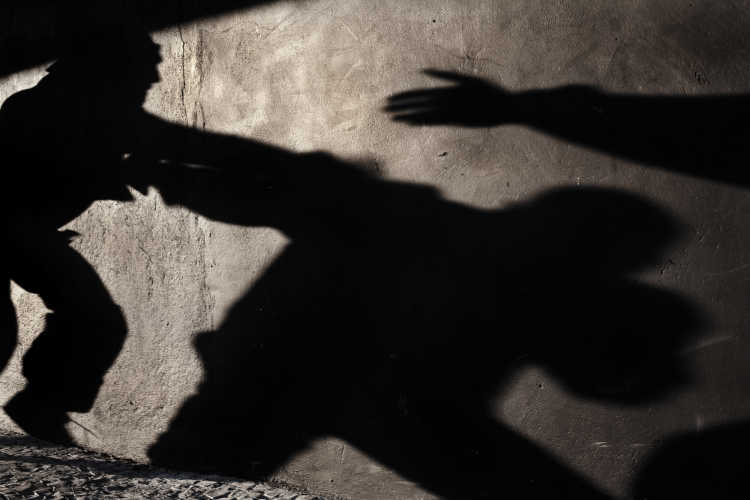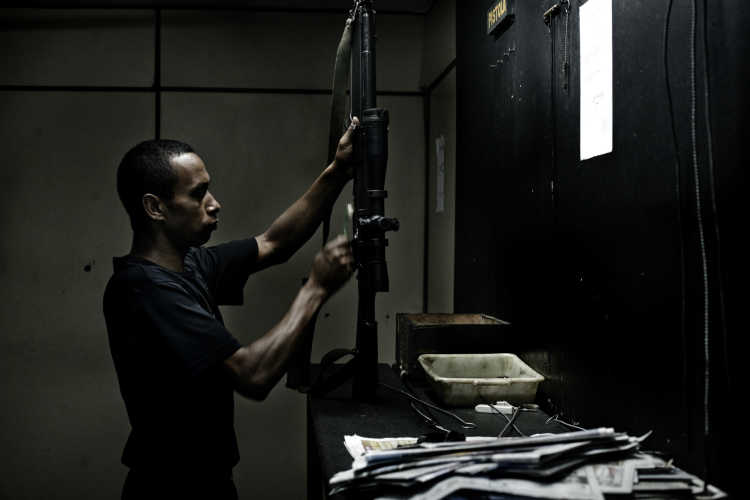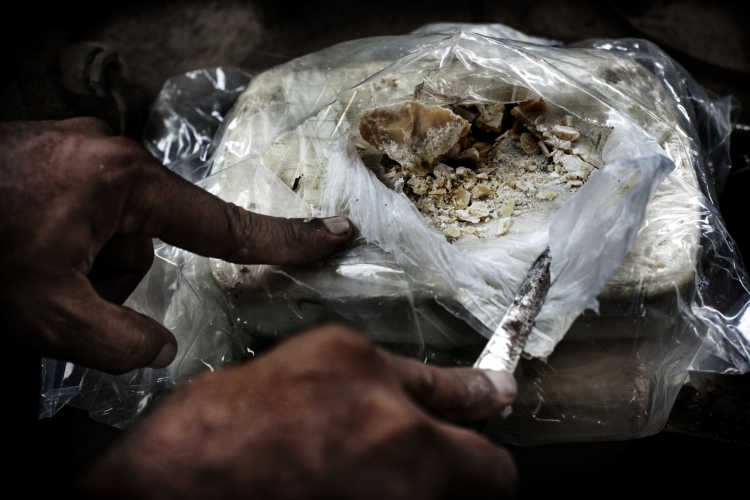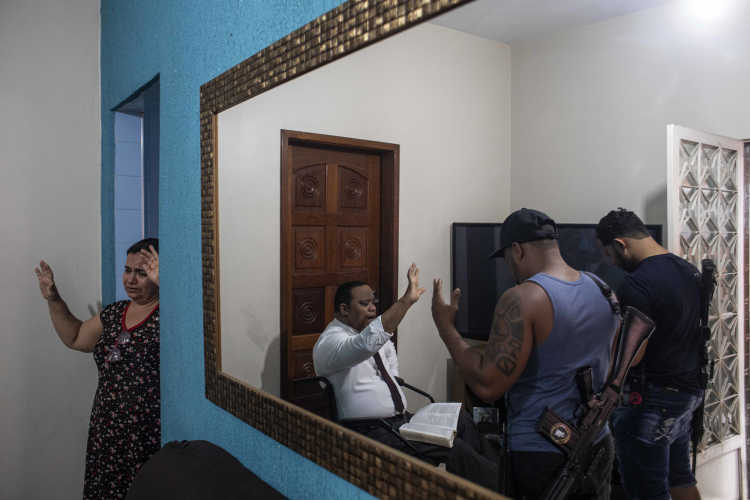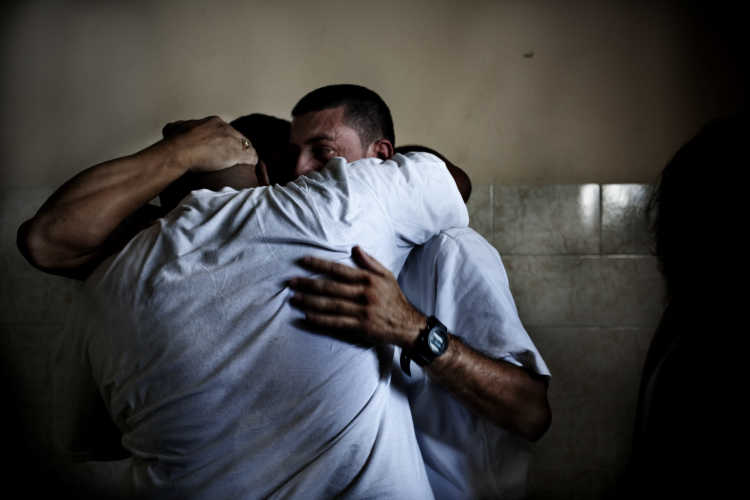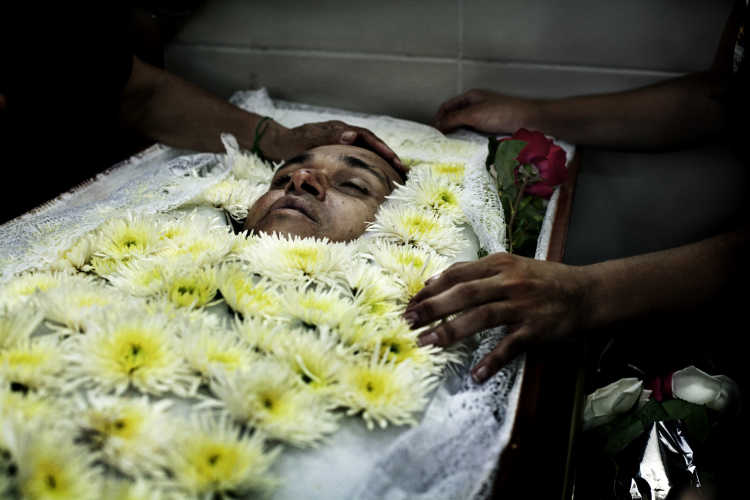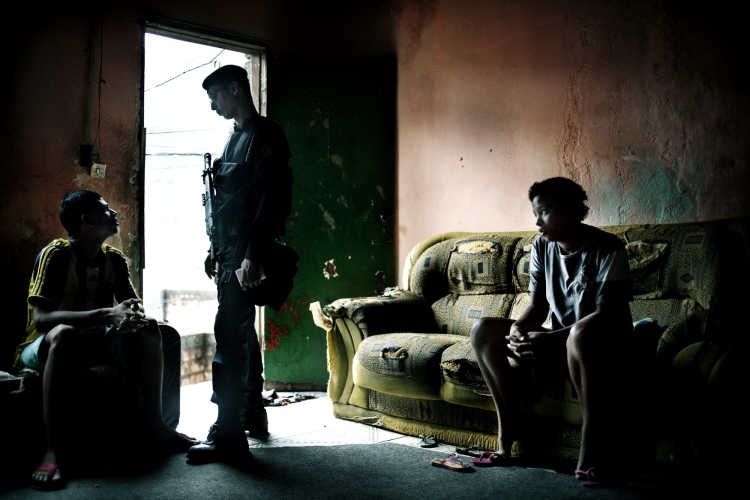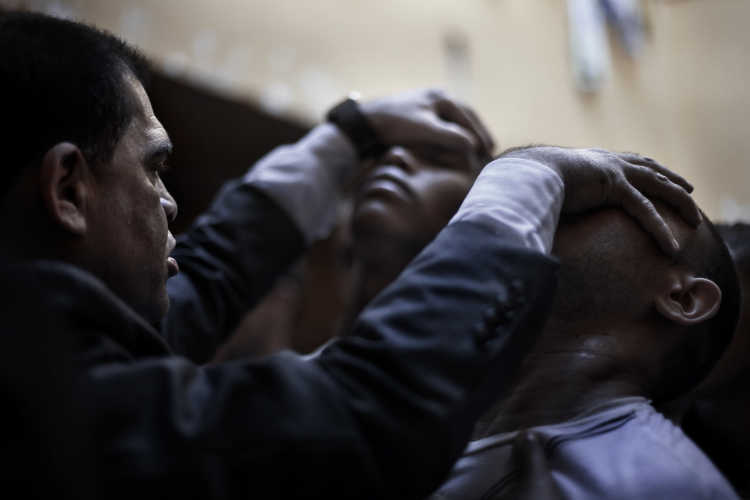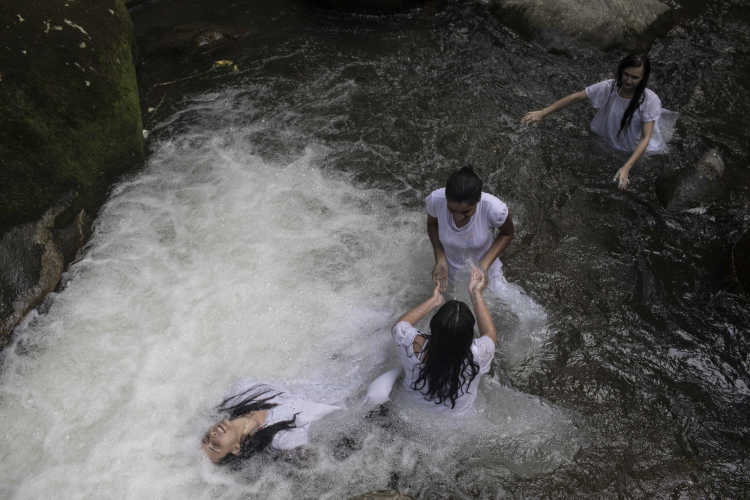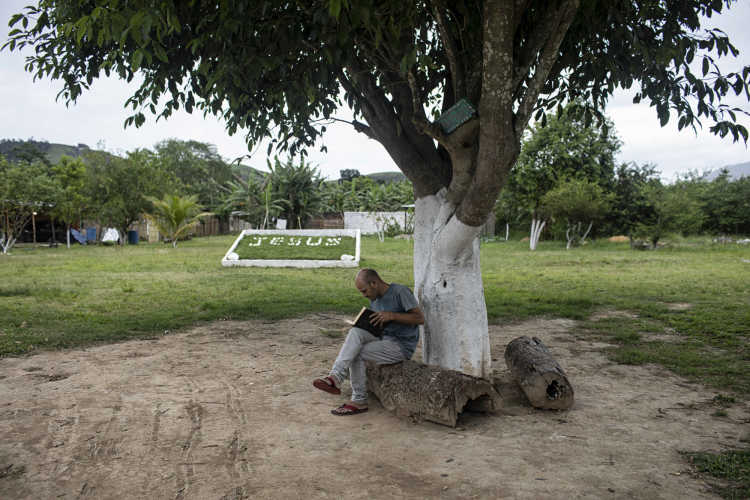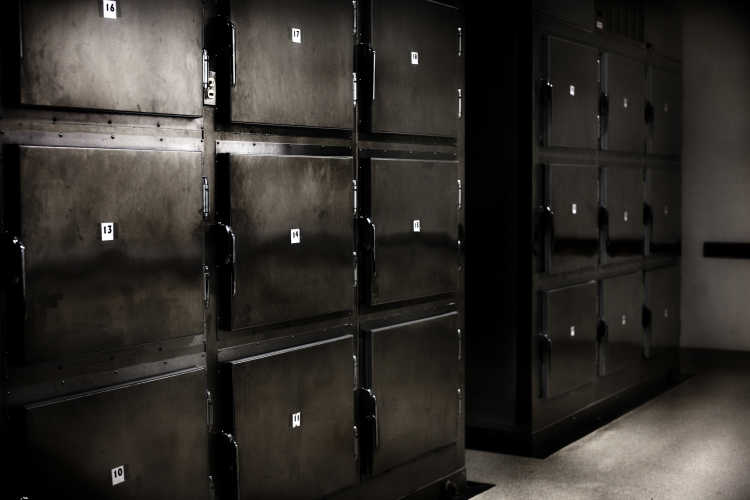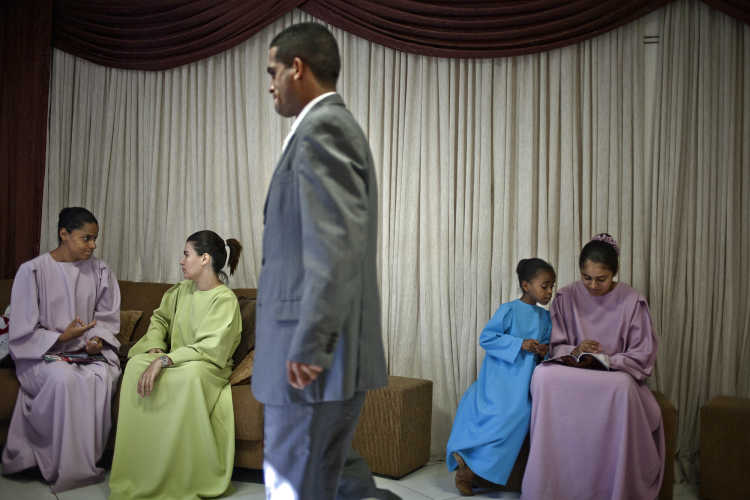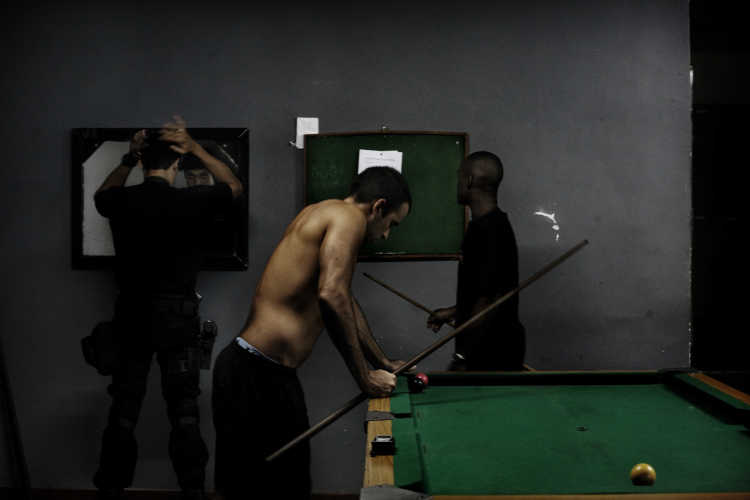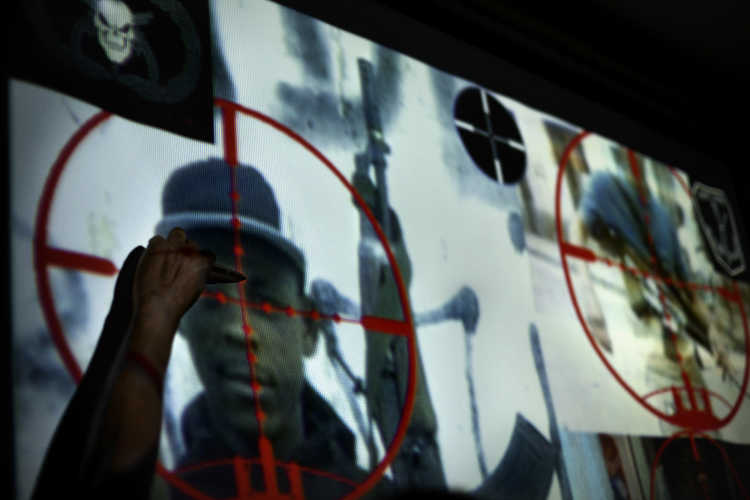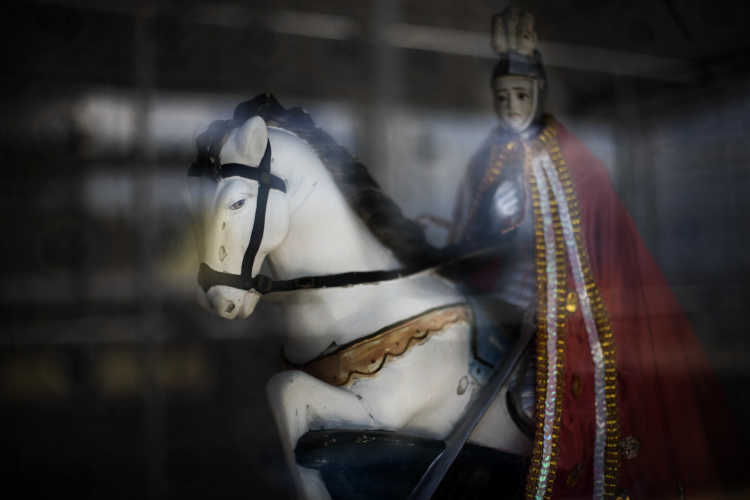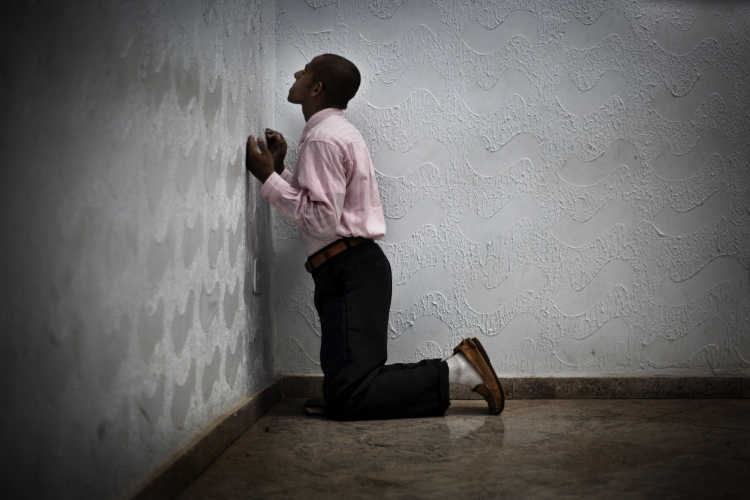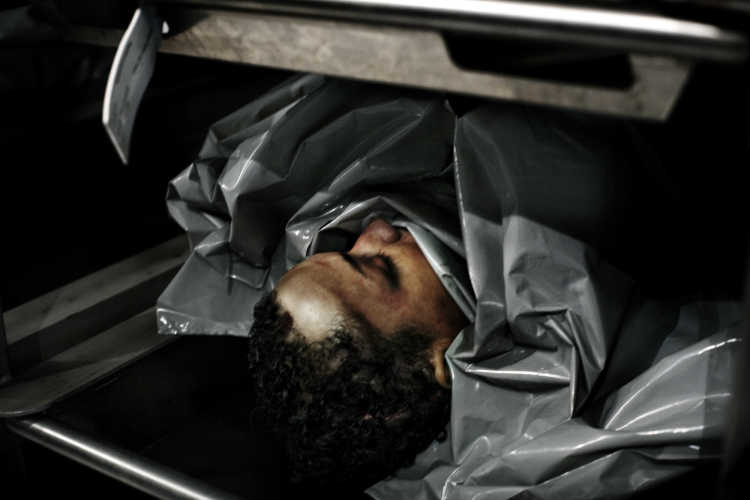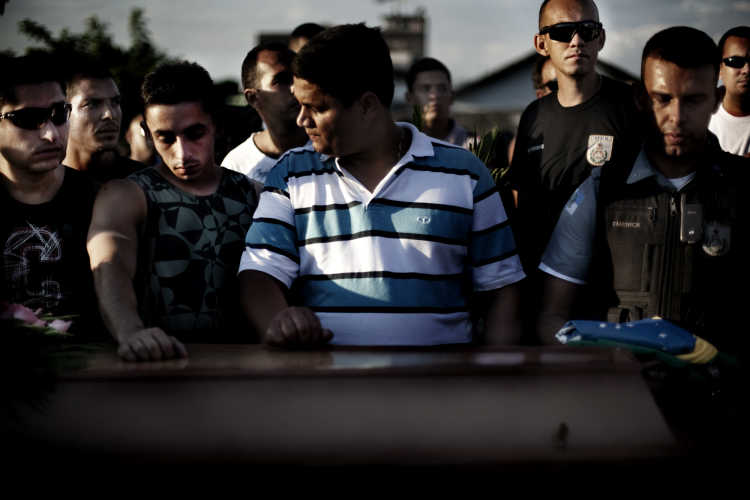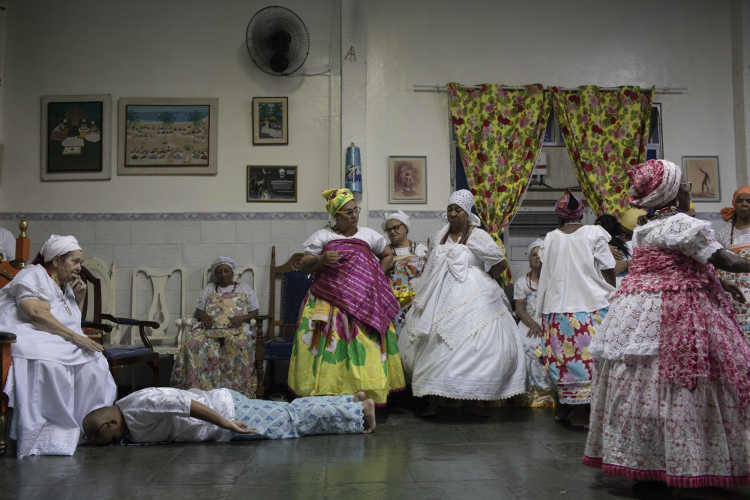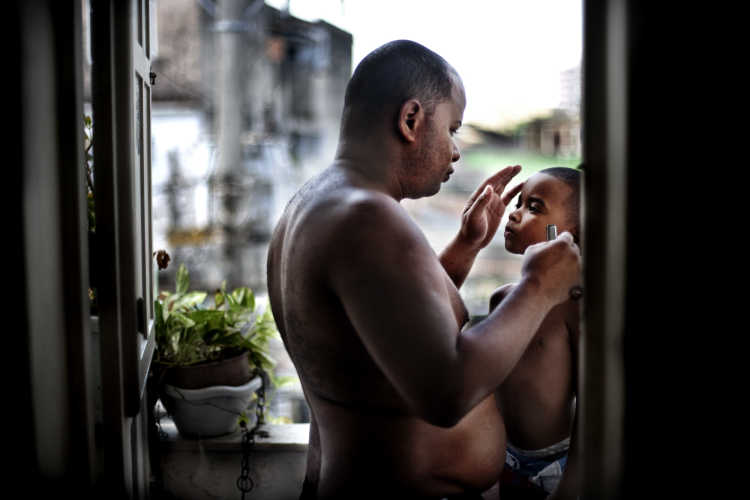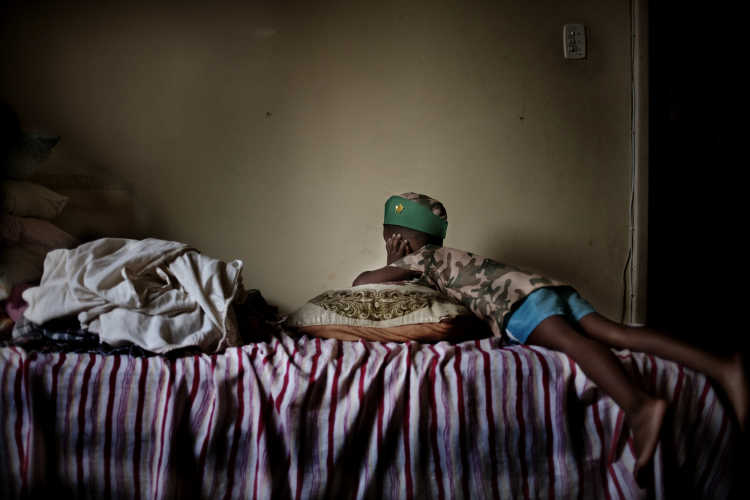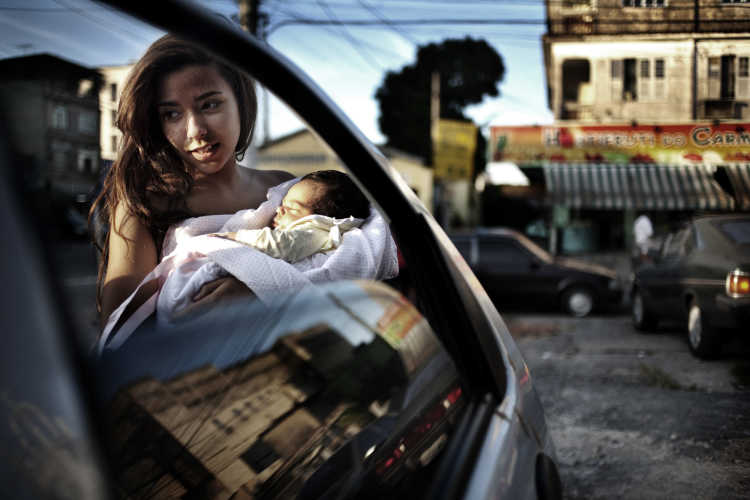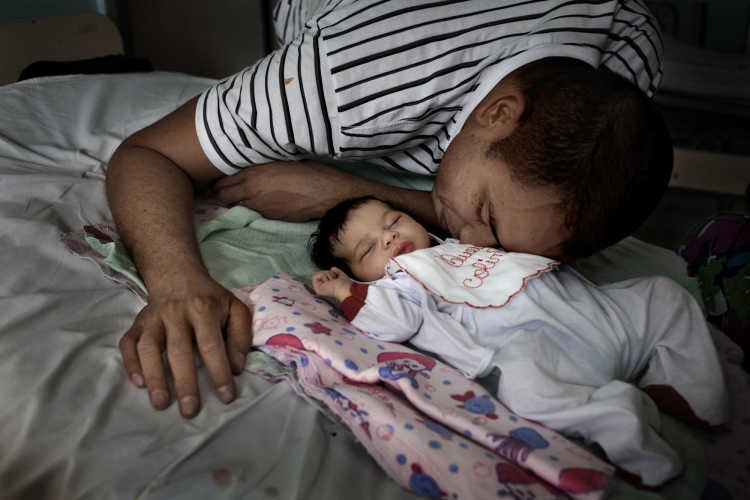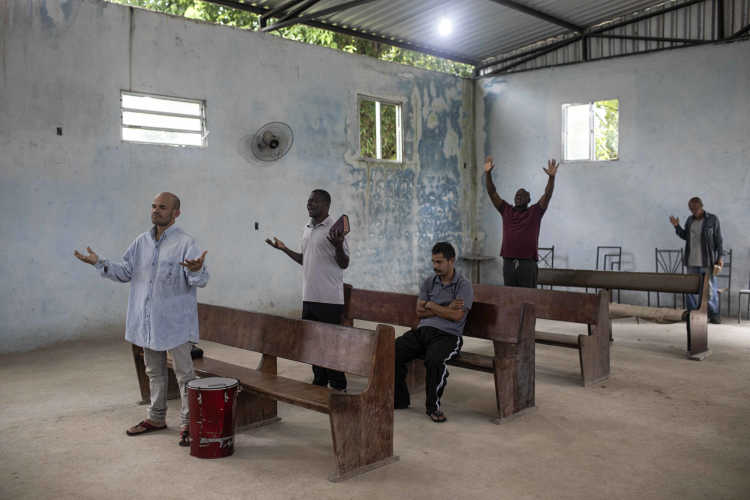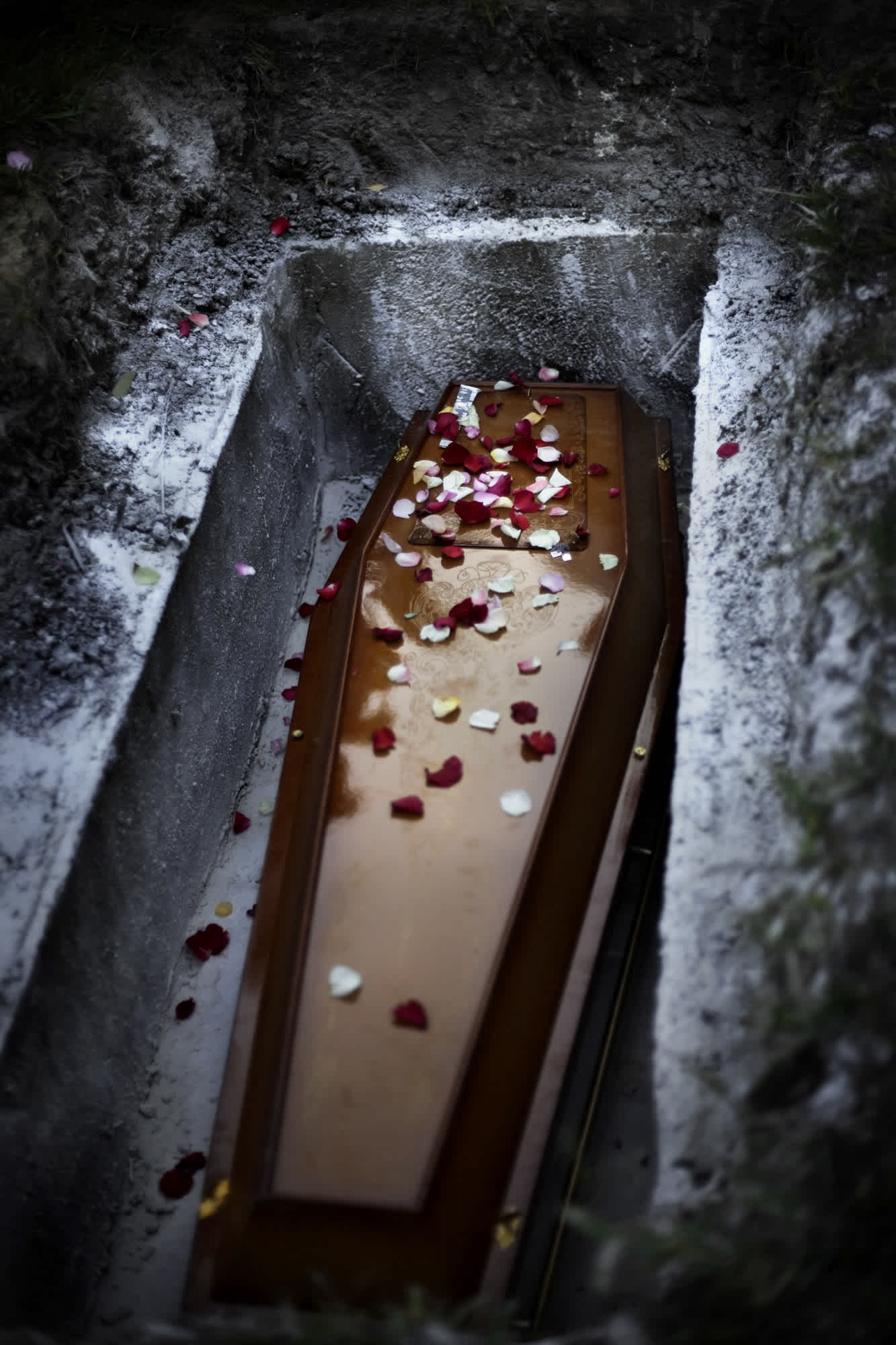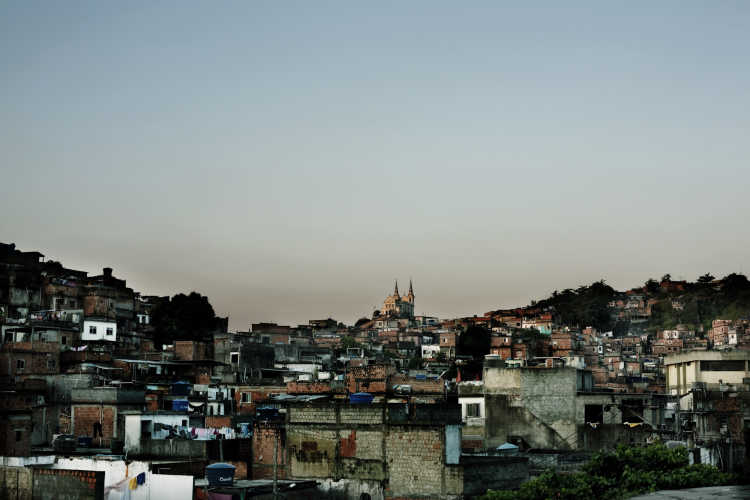Exhibitions
- B>Gallery 2011Rome, Italy
- Cerami Gallery 2010, CharleroiBelgium
Publications
Description
Police and drug traffickers in Rio de Janeiro are born into the same poverty.
They are brothers essentially, living in the same houses, frequenting the same parties, each striving for success and a chance at getting out of the favela. Some choose the legal path, others the illegal, yet they are fighting a war against each other fueled by drugs and a lack of basic services inside their impoverished communities. Police salaries are low, creating a conducive environment of corruption.
In the past decades, both police and drug traffickers have found solace in the evangelist church which continues to grow roots in various echelons of society in Brazil, creating a marriage of violence, drugs, and money laundering, through prayer in the country's most notorious city. A handful of churches boast rehabilitation centers where narco-traffickers and drug addicts who often go hand in hand can go to get clean. Some trade in their rifles for the bible, converted by pastors who had once led a life of crime like themselves.
In some cases, the evangelist church has demonized the practice of African-based religions such as Umbanda and Candomblé with some pastors inciting the destruction of religious temples. Drug traffickers who 20 years ago held shrines in their hideouts to Ogum and Oxum, (spirits worshiped through Umbanda and Candomblé) are now violently destroying the shrines of others and prohibiting the practice of their religions in various favelas in the city, all under the auspice of Evangelist pastors. This religious intolerance brings with it the discrimination of Afro-Brazilians and is ironically carried out by gangs, many of whom are a product of the society’s discrimination.
